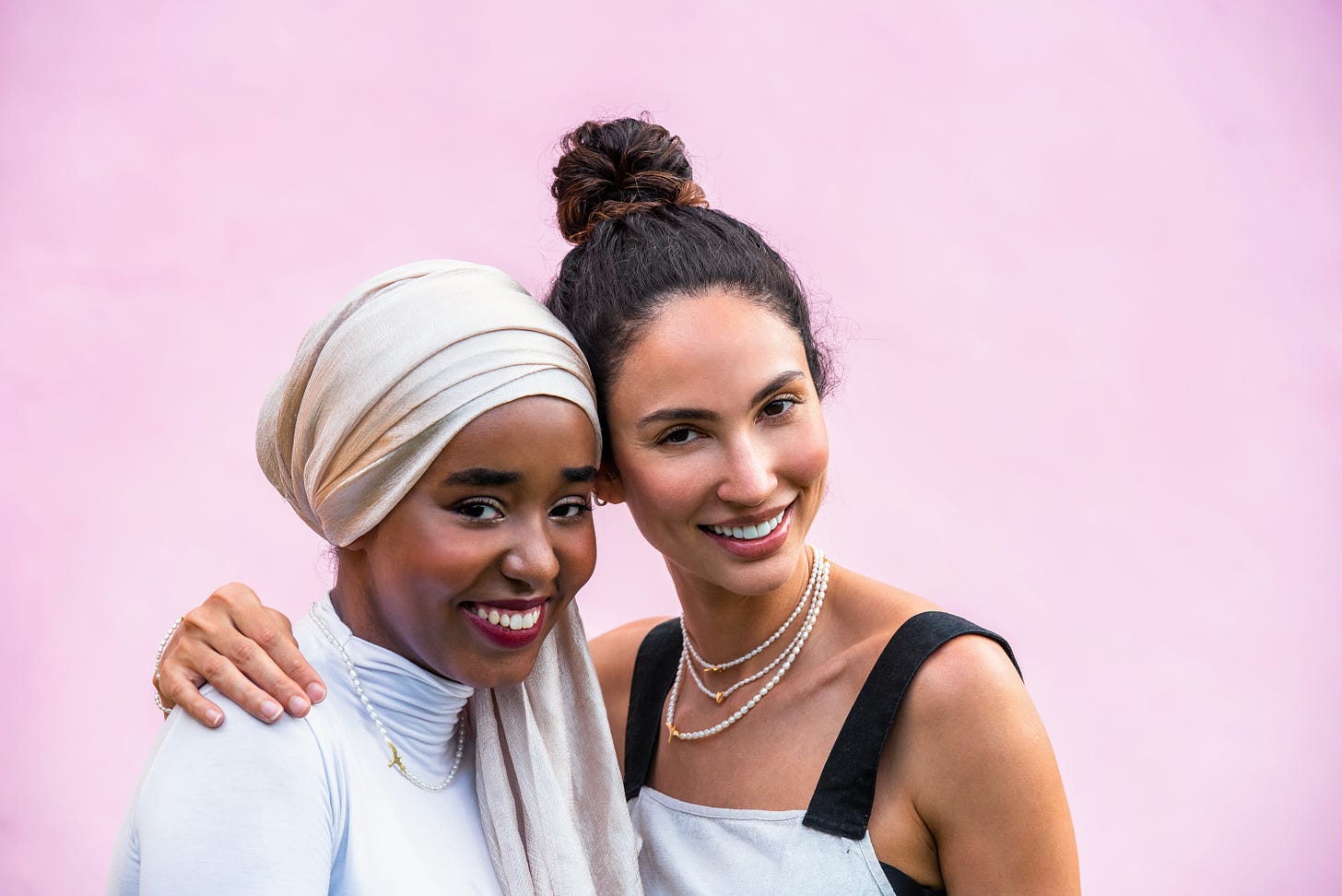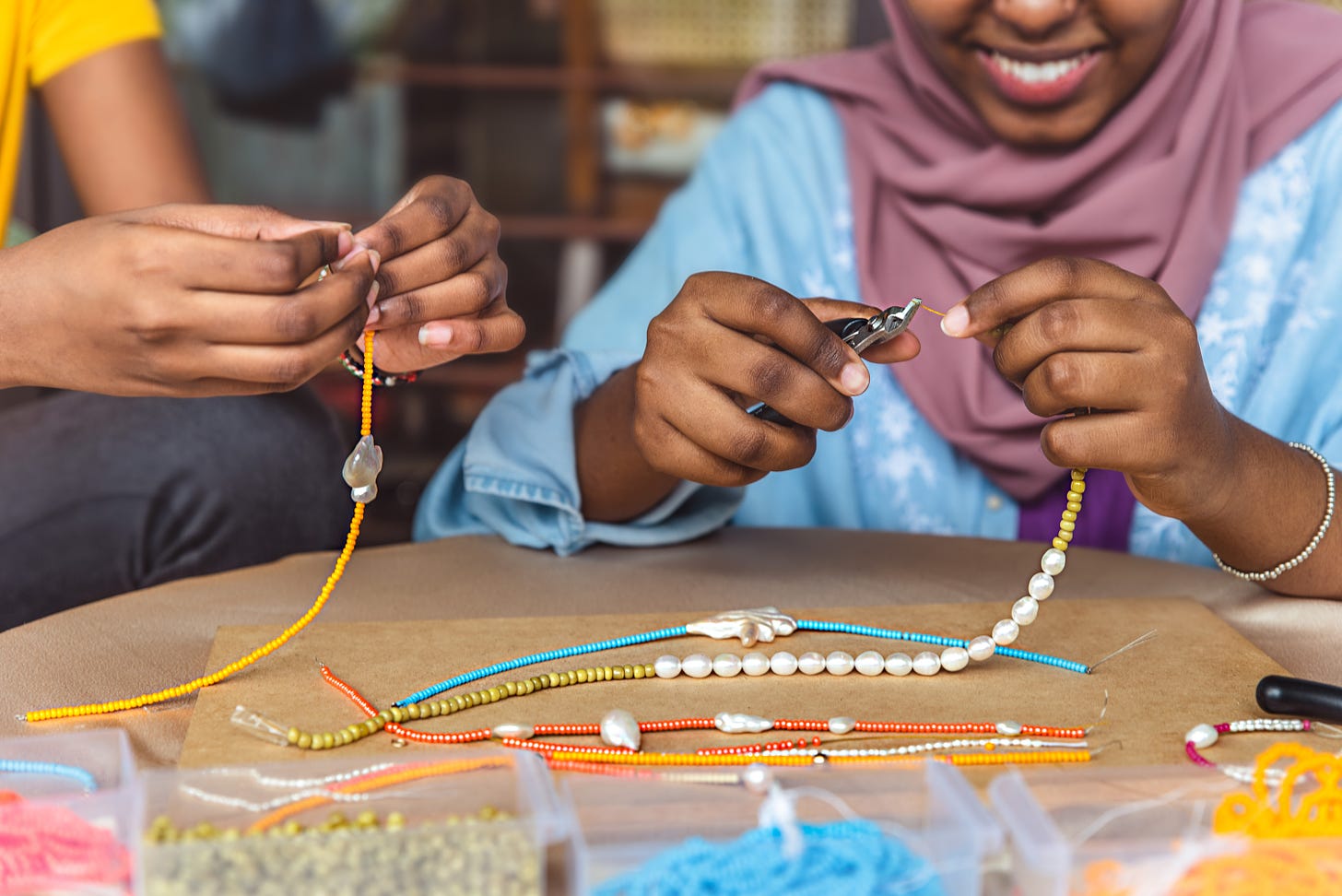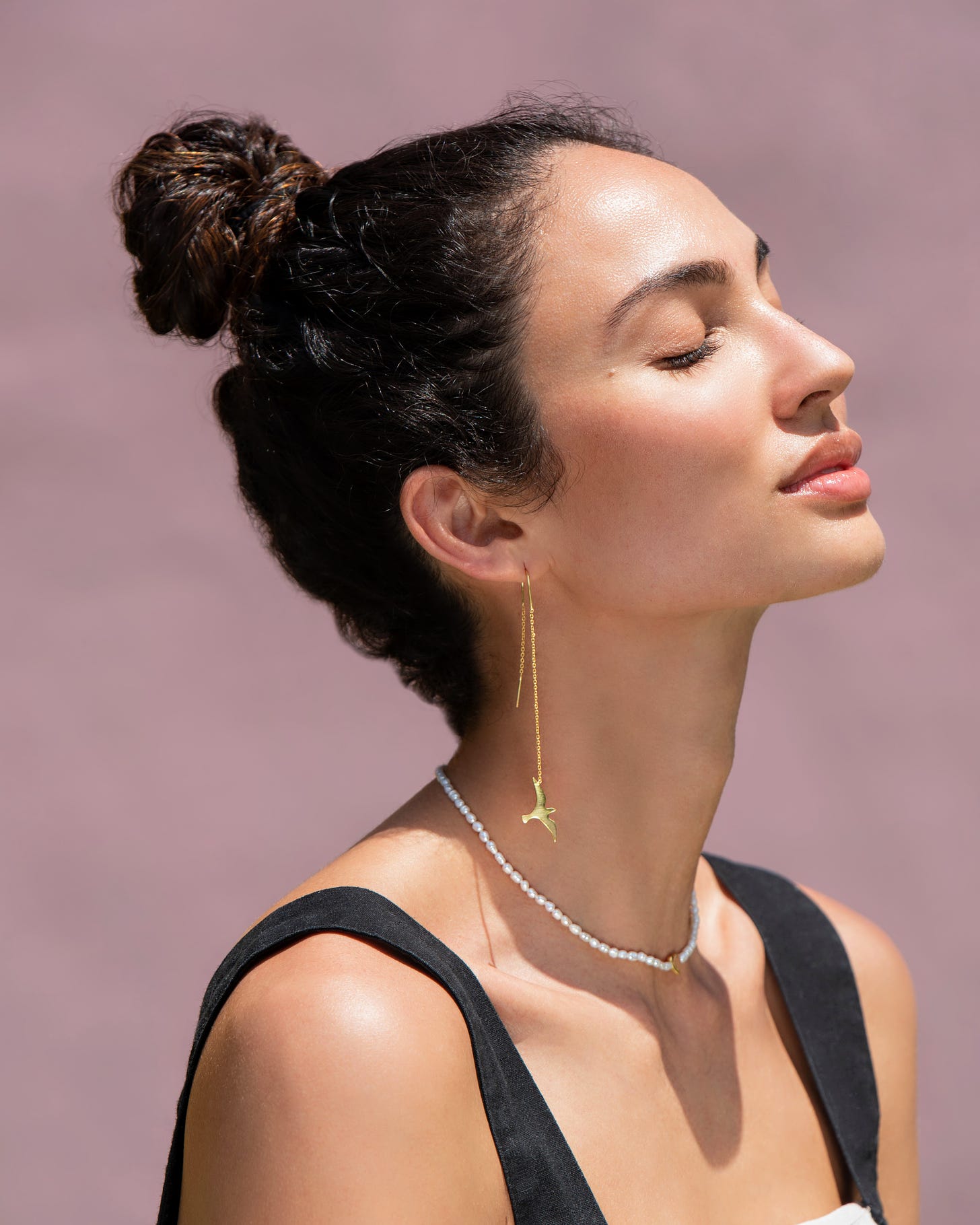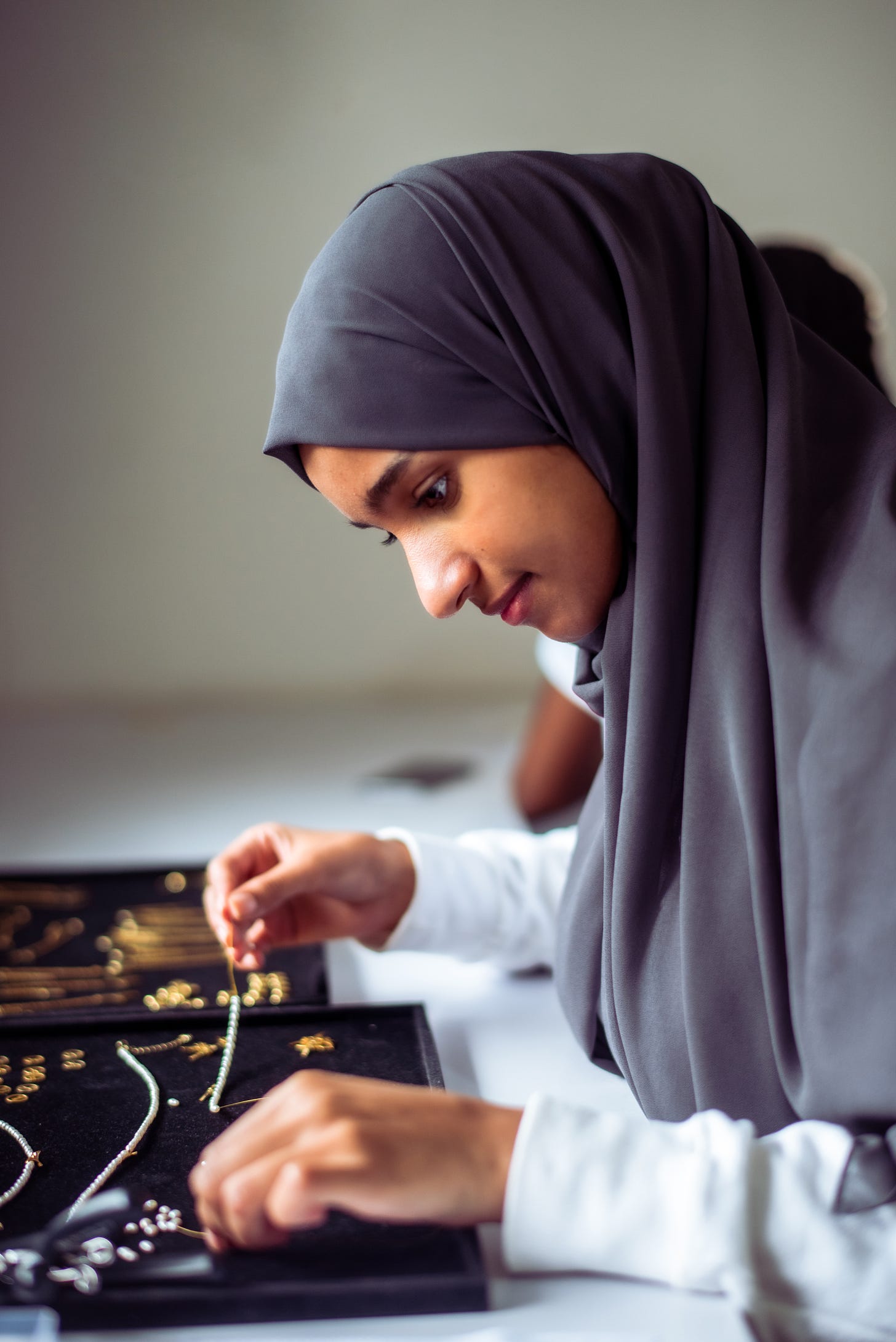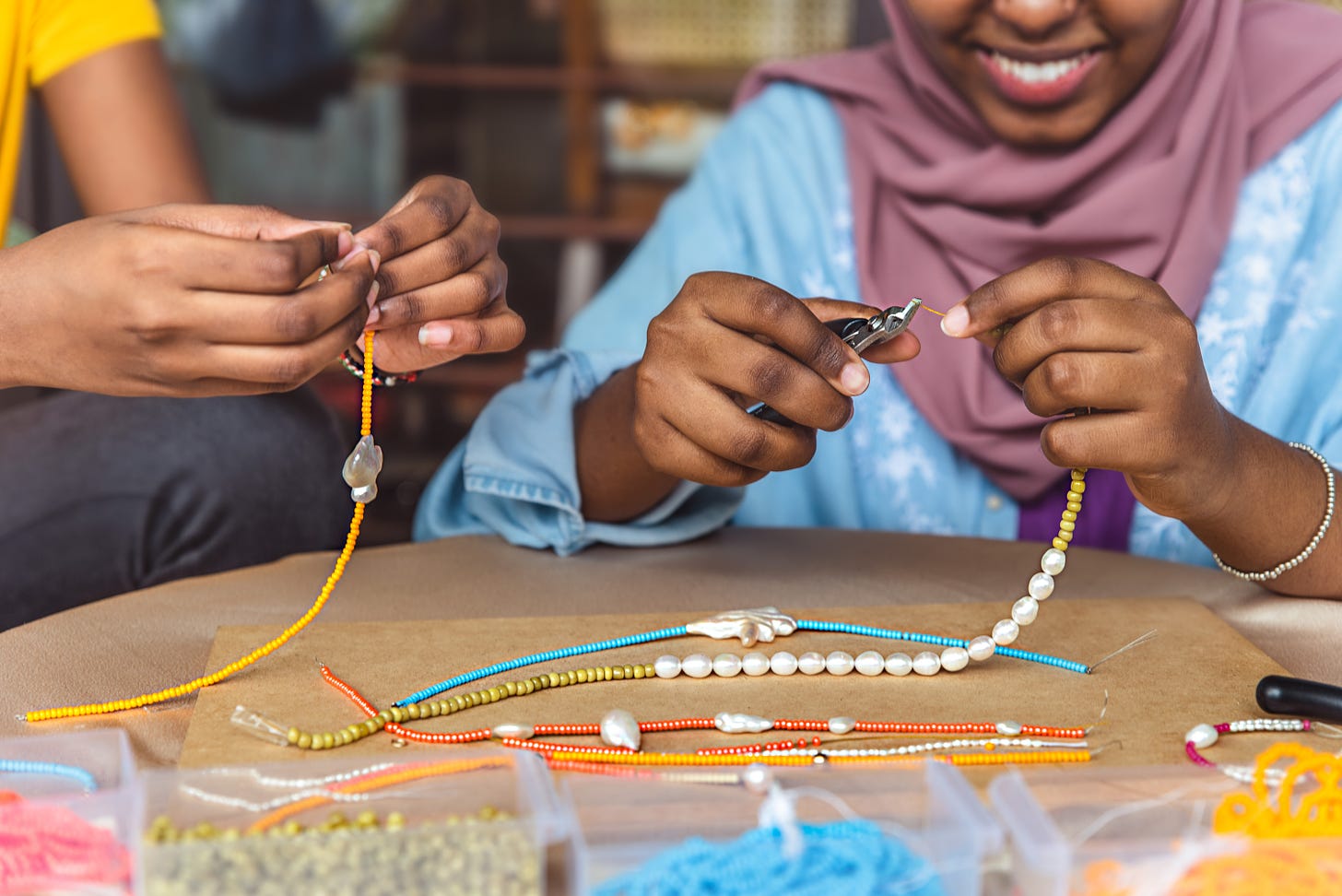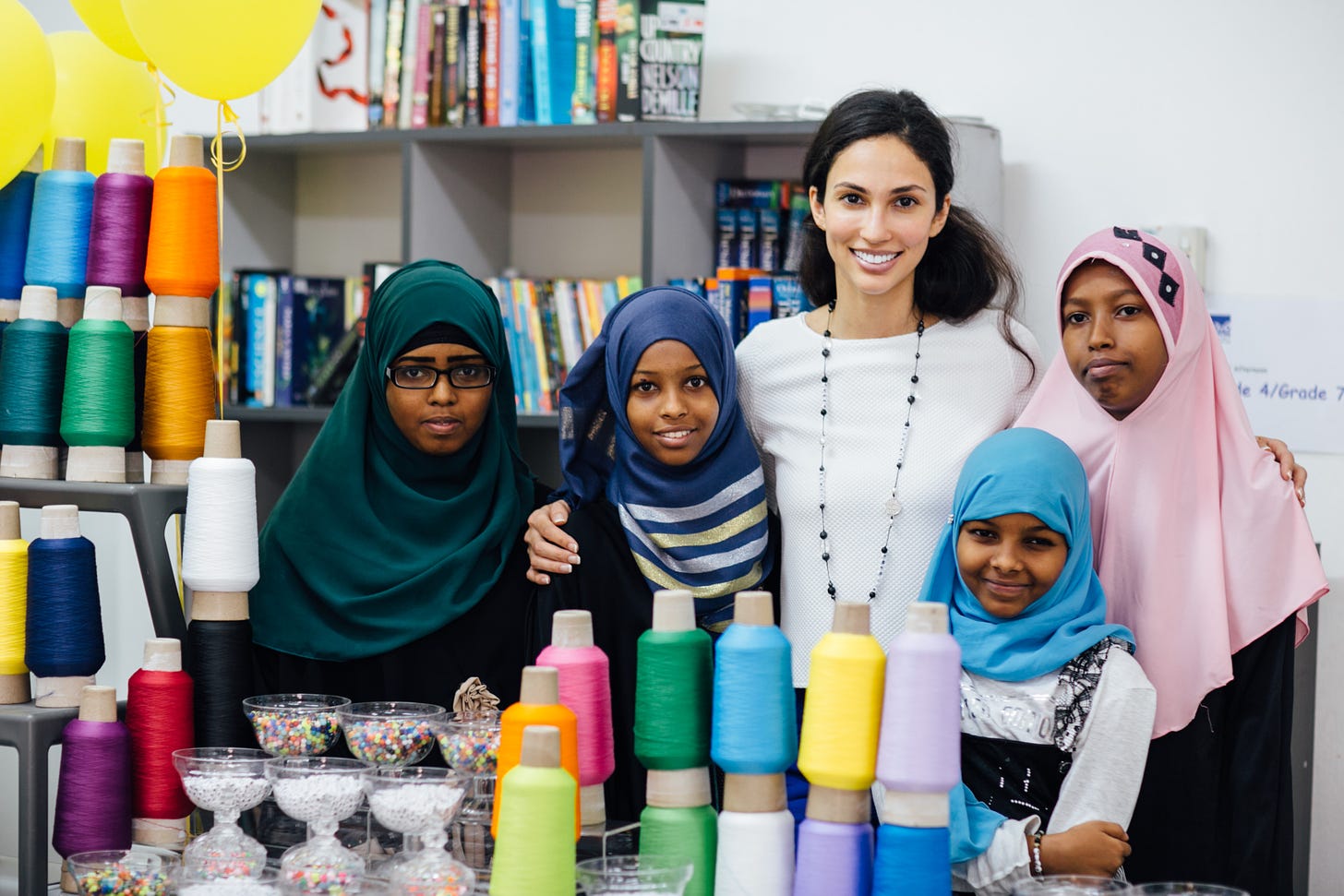Fugeelah: A Concious Brand For The Conscious User
Welcome back to an all-new Head’s Up. Today we bring you our chat with Deborah Henry, the founder of Fugeelah who shares her commitment and drive to raise awareness on conscious fashion.
Till our next issue, stay safe and stay healthy!
News & Announcements
Rempit Rabu ISN10 Brought To You By Futurise
Calling all smart trainer users to join Rempit Rabu, a virtual cycling event by Futurise in conjunction of Institut Sukan Negara (ISN) 10th anniversary. Gear up and have the chance to win RM10,000 worth of prizes!
Register here: Here
MOSTI Launches Drone Development Zone Dubbed “Area 57”
Science, Technology and Innovation Minister Datuk Seri Dr Adham Baba launches a drone development zone dubbed “Area 57”.
The location was equipped with a 100m runway, 300-sq-m drone net area, drone testing mock-up site, hangar, laboratory, manufacturing equipment, training facilities and prototype testing area, operations office, as well as a service and maintenance workshop for operators.
TPM Recalibrates To Offer Services In 5 Areas
Technology Park Malaysia (TPM) today announced that it will be recalibrating to offer services in five areas, before the end of the year, to strengthen the supply of innovation, aimed at accelerating economic recovery for the country.
Sirim And Cradle To Join Forces To Aid Startups
Sirim Bhd and Cradle Fund Sdn Bhd have established a collaboration to provide services such as technology assessment, technology valuation, techno-economic feasibility study, market study, and business linkages to startups.
By Poojalexmi,
With the fashion industry being the second most polluting industry, fast fashion is a growing concern. The concept of fast fashion revolves around the idea of cheap and trendy clothing that is inspired by the catwalk and celebrity culture. These items of clothing are then sold at high street stores to meet the demand of consumers.
So, what is so bad about fast fashion?
Among many negative effects that follow it, fast fashion contributes to pollution with the use of toxic textile dyes, abuse of human rights, animal cruelty and encourages a 'use and throw away' culture. Hence, cultivating conscious buyers is important to combat this. Social enterprise, Fugeelah is commited to doing driving the awareness in the industry through its jewellery brand.
Behind the scenes
Founded in 2017, Deborah Henry started Fugeelah as a way to support Fugee, a non-profit organisation that empowers the refugee community in Malaysia since 2009. Growing tired of solely relying on fundraisings, she created a business arm to not only generate profit but to also provide job opportunities to refugee youths. With her background in fashion, it only made sense that she would start a jewellery brand.
Like all businesses, Fugeelah has had to persevere through the pandemic. During the first lockdown, they were in between collections and did not have any products to sell let alone sell them online.
"So we had the first few months of little to zero revenue,” says Deborah.
Luckily, with ample support and through their sheer will to find ways to stay afloat, Fugeelah managed to get through those months.
They changed their production processes, came up with new ideas and had a new designer. On top of having a good online presence, they also garnered the energy to keep pushing through by collaborating with a local designer, Khoon Hooi.
Together with Khoon Hooi, they launched a collection of bags that includes the ‘Little C’ cocktail bag, the ‘Big C’ adjustable crossbody bag and a twilly in July last year.
These bags are made from upcycling leftover fabrics and quickly sold out. The profits made contributed to the International General Certificate of Secondary Education (IGCSE) examinations for students at Fugee School.
Although the pandemic had brought about a number of challenges, Fugeelah gets its positivity and strength through these wins.
“Things need to shift and change in order for a brand like Fugeelah to thrive,” Deborah tells Heads Up.
Sustainability in Fashion
To move towards sustainability, Deborah believes that consumers have a role to play and needs to be educated on sustainability. They need to understand the impact that it has on the environment and life to make a better decision when purchasing products.
Although it is easier to get cheap clothing from high street stores, the practices that go into producing it may not be ethical. For example, production of mass day to day wearables may involve exploiting labour through unfair wage.
Furthermore, products that rely on trends could lead to waste because people would not wear them beyond its shelf life. Standing against this, Deborah wants this practice to cease especially if it could impact people's life.
"Personally, I would buy things that I know and expect to reuse more than just a couple of months,” she says.
However, sustainable fashion should also be affordable and accessible. Many of these sustainable fashions are not attainable by the masses and do not make it easy for people to change their habits and lifestyle.
Made for conscious consumers seeking something unique, Fugeelah aims to be a brand that puts enough thought into its manufacturing processes all the way to productions. Moreover, they also use up-cycled fabric in a lot of their collaborations and familiarise themselves with eco-friendly and recycled materials as well.
Additionally, they make the concious effort to work with factories that pay fair wages and do not work with children. Fugeelah also dedicates itself to three impact points that include giving a percentage of their profits to Fugee School, providing job opportunities to refugee youths and skills training.
Recognising the importance of sustainability, Deborah says, "Businesses need to be profitable but it also needs to think about its people.”
Shedding light on Refugees
One of the communities that have been hit hard by the pandemic are the refugees in Malaysia. Many experienced a lack of employment, homelessness and were unable to provide for their families.
They have had to depend on hand-outs for daily living expenses, rental assistance and medical bills.
Fugeelah supports them by providing a percentage of their profits to the refugee community. In fact, they launched their Spirit collection a few months back and a percentage goes to the Palestinian refugees in Malaysia.
They also employ refugee youths that are interested in entrepreneurship and jewellery making.
Besides that, Fugeelah continues to support the Fugee organisation to run its school and education programmes. At the Fugee School, their syllabus combines both the Singaporean and British books to give refugees access to education and to further their studies.
The Fugee organisation also works closely with the refugee community to cater to their other needs such as medical needs.
"Fugee is the one running the food banks and raises funds to help them,” says Deborah.
Deborah hopes for Fugeelah to expand further locally and internationally with more exciting collaborations.
“For more people to know about us and what we do. I look forward to the continuous support from both our existing and new customers."
Whether it’s a feedback or if you’d like to share a story, reach out to us via headsupnewsletter@gmail.com





